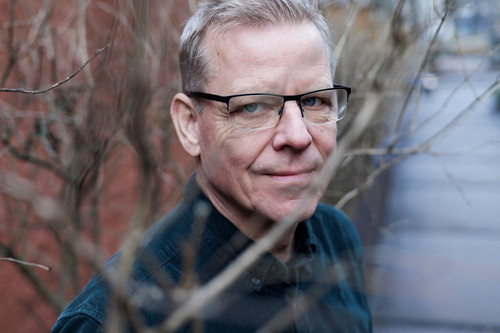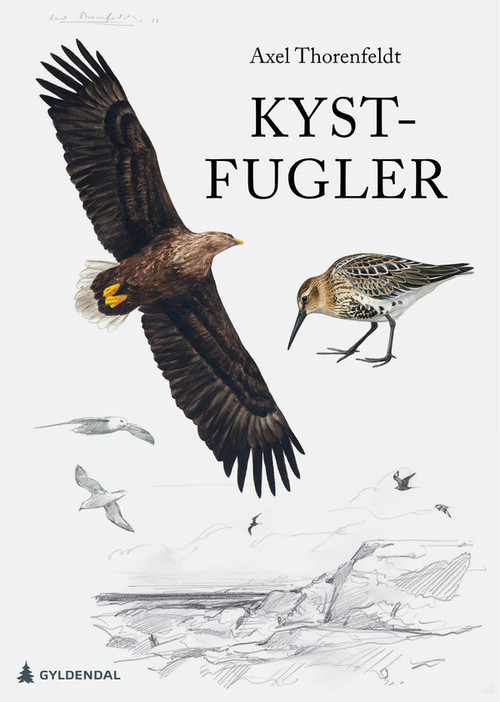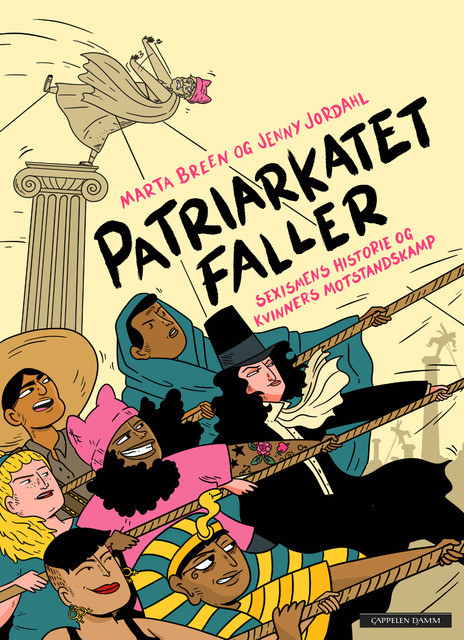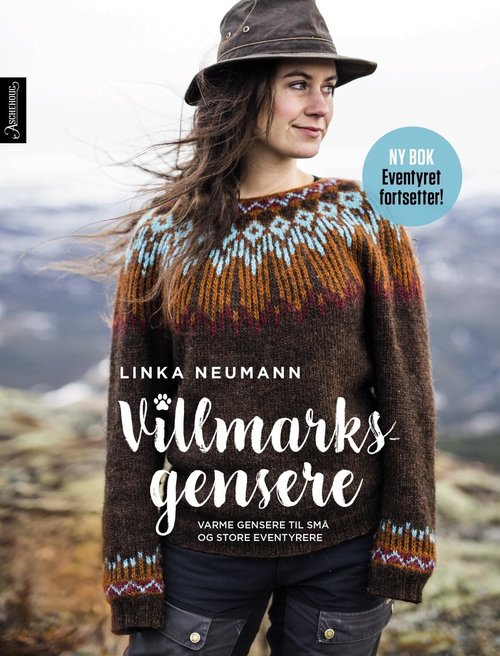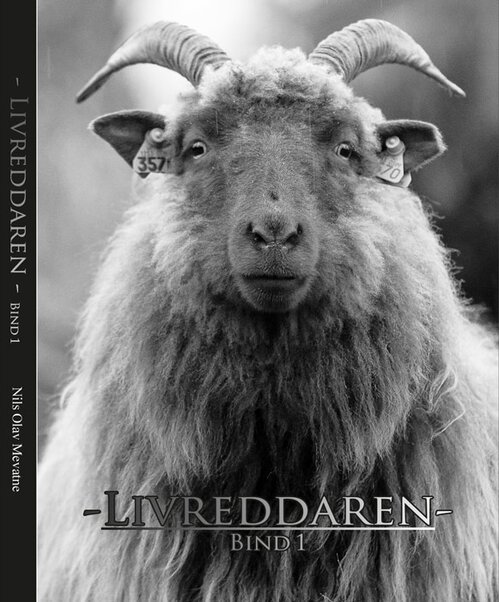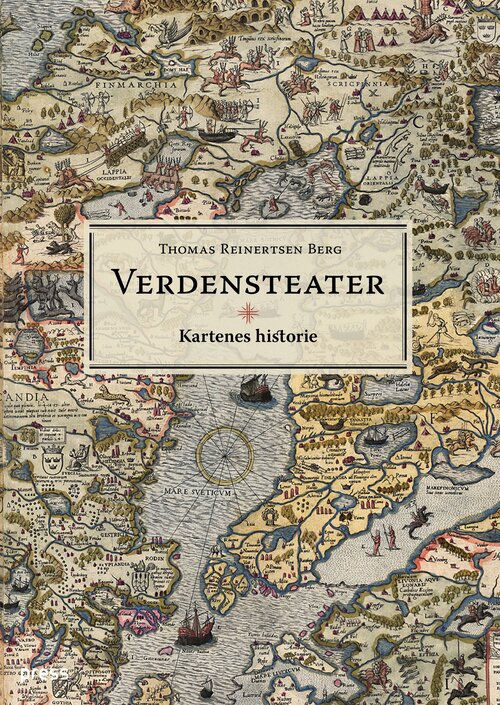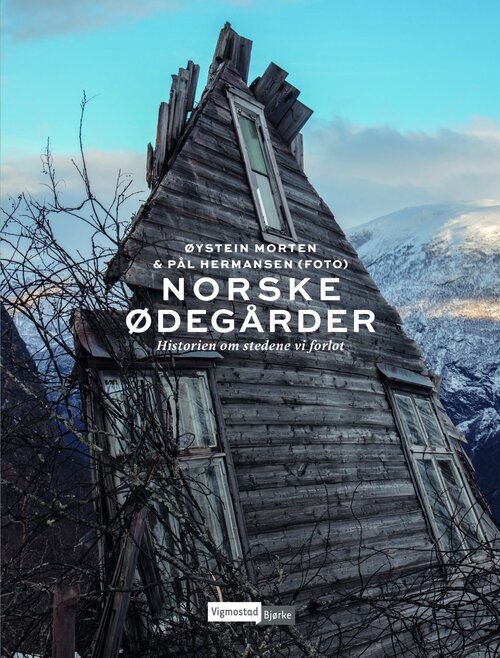Thai blueberry pickers in northern Sweden. Mushroom tourism in Spain. Gourmet restaurants that love local and wild-gathered ingredients. The Copenhagen Wild Food Festival. Romans in Bulgaria selling porcini mushrooms. Mountain tea from the Rhodope Mountains. Mushroom lovers in Poland. Norwegian foragers who combine foraging with teaching and product innovation on species nobody ever thought of as edible. Join us on a visit into the world of foragers. Who are they? What do they have in common? What drives them? How will they be able to work in the future, when ever more forests and green patches are degraded to roads and rural development?
The aim of this book is to contribute to the understanding of foraging as a valuable activity for society. Foraging is the opposite of a threat to what we like to call "unspoiled nature". The foraged produce contributes to a general food security by collecting new and traditional knowledge about the rich world of foods far beyond the few commercial monocultures we currently trust our lives with. Foraging counteracts the modern alienation around the origin of the food we eat. Collecting will not replace shopping in grocery stores but will increase respect for what we put in the shopping cart.Those who forage from nature are also the first to take care of it. That is why foragers are the custodians of nature.
"The author has met foragers all over Europe. They have in common a drive to existential freedom and proudness of their knowledge of foraging". - Liz Buer, D2 8.12.22
'Are the foragers a threat to nature, or are they agents for building respect of nature? This readable book deals with topics worth considering and motivates me to learn more about the edible nature.'
